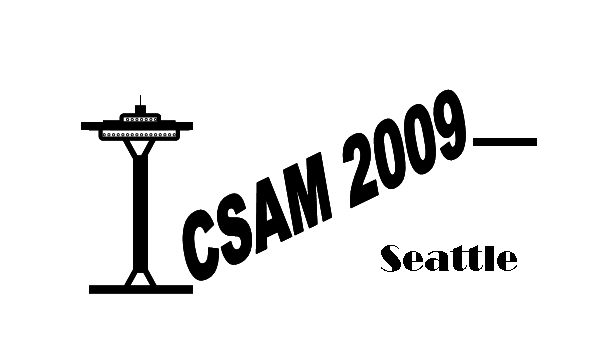Ceramic dies have been shown to be successful for use in Superplastic forming of titanium however there can be problems of excessive build up of alpha case on the titanium surface due to interaction with oxygen, particularly if the die ceramic is fused silica. A programme of development work was undertaken to evaluate a range of coatings capable of application to the silica surface and which would reduce the Ti/ceramic interaction. Silica samples were coated with a range of materials which were known to show some degree of stability in contact with hot Ti and which could be applied to the die surface by simple techniques. Included in the range of materials evaluated were: Chrome (III) oxide, Titanium based glass-ceramics, 94% and 99% alumina with a nano sol alumina bond, Titanium oxide powder with a nano sol titania bond, Magnesium aluminate spinel derived from both salts and alkoxides both as a coating and a binder for spinel powder. Small test samples were made and subjected to contact tests by weighting sheet Titanium samples onto the coated sample then subjecting this to a typical SPF temperature regime and examining any reactions taking place at the surface including development of alpha case. Test bricks were tested with 0.050” thick 3” x 8” Ti 6-4 with ~ 30 pound weights to force an interface with the titanium sheet material. Heat up was 100°F per hour to 1650°F, then hold for 18 hours at 1650°F and then cooled in ~ 12 hours. The application technology for these coatings is quick and can be used on a hot die, hence this range of coatings will receive more development towards a working system at Boeing's ceramic tooling manufacturing shop.
<< back
ICSAM 2009
June 29 - July 2, 2009
Bell Harbor International Conference Center
Seattle Washington
International Conference on Superplasticity in Advanced Materials 2009
10th International Conference on Superplasticity in Advanced Materials
©2008 University of Washington. All rights reserved.
©2008 University of Washington. All rights reserved.